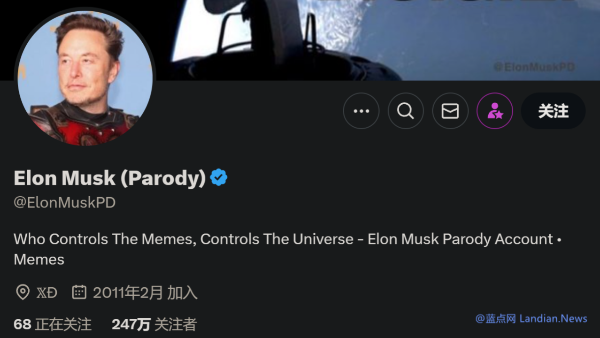Elon Musk Loses Lawsuit: Court Rules Third-Party Data Scraping of X/Twitter Platform is Legal
Since the rise of artificial intelligence, social media platforms like X/Twitter have become treasure troves of data. To protect its data, Elon Musk has been implementing various access restrictions since the second half of 2023, including prohibiting unlogged-in users from reading more content and limiting data scraping through APIs.
In addition to restricting data access at the system level, X/Twitter has also sued multiple companies that attempted to scrape platform data, hoping to deter others from doing so through legal means and forcing them to purchase data from X/Twitter.
For example, in August 2023, data company Bright Data was sued, but it did not deny scraping X/Twitter content and even acknowledged doing so, believing it to be reasonable and refusing to stop even if sued.
Recently, a federal court in California ruled that X's claims in the lawsuit were not sufficient to justify continued litigation, rejecting all of X's claims.
The court emphasized a key issue during the trial: social media platforms do not own user data, as they cannot enjoy the benefits of the safe harbor principle while claiming ownership of the data.
The safe harbor principle states that platforms are not liable for user-published content, and copyright holders can notify platforms to remove infringing content. If the platform handles the issue promptly, the copyright holder cannot sue the platform but can sue the infringing user.
Platforms can avoid potential copyright issues by invoking the safe harbor principle, claiming that user-published content is not their responsibility, and therefore they do not need to assume additional legal liability.
In this case, the court ruled that X/Twitter may be creating a monopoly on publicly available information, and Bright Data's scraping of publicly available data does not constitute illegal behavior.
The court also rejected X's claims that Bright Data's data scraping and sales of scraping tools were fraudulent, violated terms of use, and constituted illegal trespassing and fraud.
Notably, Bright Data has also been scraping data from other social media platforms, including Meta's Facebook and Instagram, and was sued by Meta. In January, the court rejected Meta's lawsuit, and Meta subsequently dropped the case.
It can be seen that within just five months, Bright Data has won lawsuits against two social media giants, Meta and X, and these rulings have set a precedent. Even if X tries to sue more data scrapers in the future, it is likely to lose.
For social media platforms, these rulings are dangerous, as they imply that anyone can scrape platform data as long as they bypass the platform's technical restrictions. These data companies can use technical means to scrape large amounts of data and sell it to AI companies or other firms.
Platforms can only strengthen their technical defenses to prevent scraping, but cannot rely on legal support, leading to a future of cat-and-mouse technological battles, where one side strengthens defenses and the other tries to break through.









